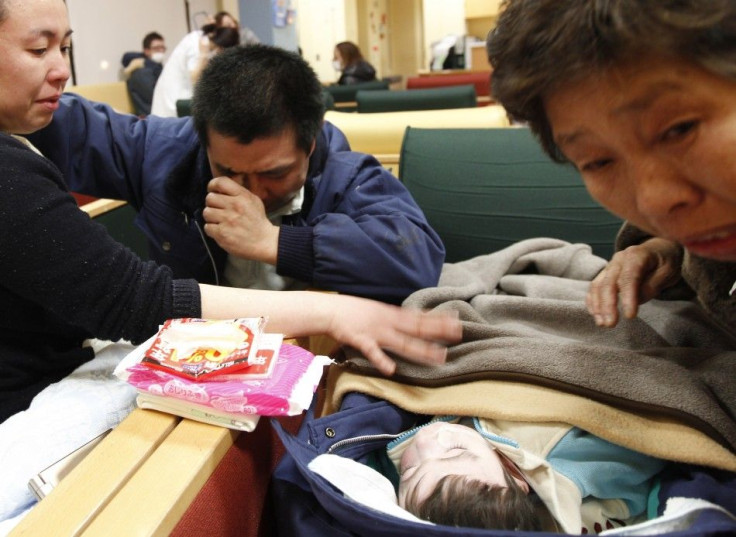Looting absent amidst the gathering horror in Japan

Observers across the cyberworld have noticed something quite fascinating about the unfolding horror in Japan in the wake of the deadly earthquake and tsunami – a lack of looting by Japanese people, who, rather than take advantage of a crisis for personal gain, appear to be unified and behaving lawfully.
In stark contrast, recent disasters, like the earthquake in Chile, the 2007 floods in the U.K., as well as Hurricane Katrina in the U.S., led to widespread criminal activity amidst an anarchic backdrop.
“Solidarity seems especially strong in Japan itself,” wrote Ed West in the Daily Telegraph of Britain.
“Perhaps even more impressive than Japan’s technological power is its social strength, with supermarkets cutting prices and vending machine owners giving out free drinks as people work together to survive. Most noticeably of all, there has been no looting.”
West continues that this lack of bad behavior is “quite unusual among human cultures. There was looting in Chile after the earthquake last year – so much so that troops were sent in; in New Orleans, Hurricane Katrina saw looting on a shocking scale.”
West asks “why do some cultures react to disaster by reverting to everyone for himself, but others – especially the Japanese – display altruism even in adversity?”
Indeed, as things have appeared to worsen in Japan, with food, fuel, water and electricity in short supply, the peoples’ behavior seems to be getting better.
A witness told in Miyagi (the epicenter of the disaster) told reporters “Gas and water have been switched off in Miyagi and the central city of Sendai. With rare exceptions, electricity is also off. But there is no panic either in the streets or shops.”
However, he did add: “Now the shops have changed the style of their work. Buyers are not admitted inside out of fear that people might hoard food products and so that the foodstuff may be spread unevenly among residents.”
Gregory Pflugfelder, director of the Donald Keene Center of Japanese Culture at Columbia University, was quoted as saying: “Looting simply does not take place in Japan. I’m not even sure if there’s a word for it that is as clear in its implications as when we hear ‘looting.’
He added that the Japanese have “a sense of being first and foremost responsible to the community.”
© Copyright IBTimes 2024. All rights reserved.











